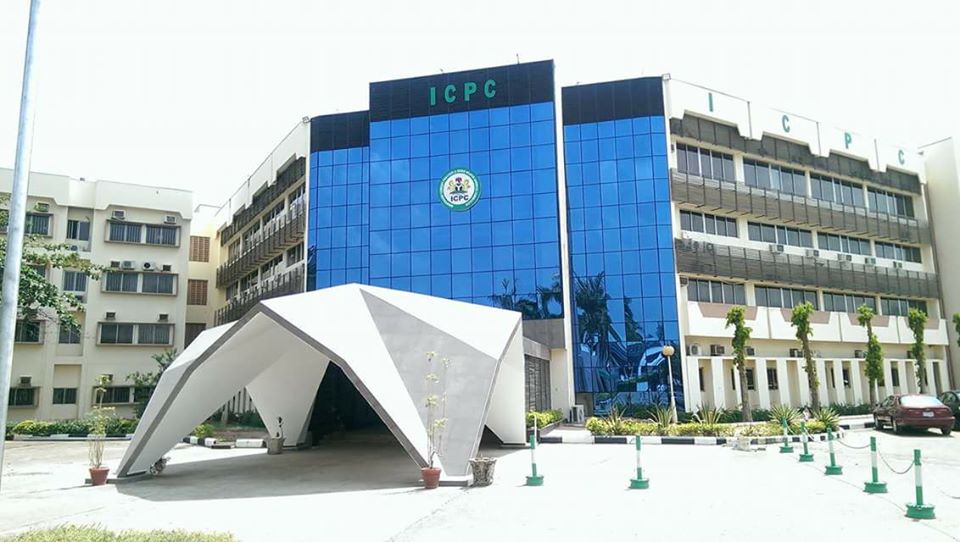The Independent Corrupt Practices and Other Related Offences Commission (ICPC), has uncovered N23 billion pension funds ‘lost’ in 40 bank accounts.
Mrs Rasheedat Okoduwa, Spokesperson for the Commission made this disclosure, recently, while delivering a paper titled, Transparent Leadership and Effective Governance: The Role of ICPC at the 2015 Annual General Meeting and Conference of the Nigerian Institute of Public Relations (NIPR), Capital Chapter held in Abuja.
She said the Commission consolidated the accounts into four and also recovered N496 million in accrued interests on one of the accounts.
‘’The Customs, Immigrations and Prisons Pension (CIPP) fund also had N11 billion scattered in ten accounts. This was consolidated into three accounts’’, she said.
Mrs. Okoduwa also revealed that while conducting systems review of personnel cost expenditure profile across Ministries, Departments and Agencies (MDAs) over a period of four years, ICPC compelled the return of over N6 billion unspent balances into government treasury.
According to her, ‘’the activities of the Commission in the above regard boosted the deployment of the Government Integrated Financial Management Information System (GIFMIS), and the Integrated Payroll and Personnel Information System (IPPIS). The former Minister of Finance was reported to have said that these innovations saved the nation over N100 billion in personnel costs through the elimination of ghost workers.
‘ICPC discovered that the National Pension Commission (PENCOM) was not remitting deductions from employees’ salaries to their respective Retirement Savings Accounts (RSAs) owing to inaccurate information. With the intervention of ICPC the sum of N34.5 billion was remitted to 97, 842 employees’ RSAs’’.
On the issues of transparent leadership, Mrs. Okoduwa said leaders could be more transparent if they communicated programmes and policies more effectively.
In her words, ‘’in good times and bad, it is important that leaders communicate honestly. Being transparent about challenges, communicating next steps and results are all crucial to building trust and loyalty’’
Leadership, she said, was the key to unlocking some of the major challenges confronting Nigeria, adding that leaders “must be transparent, provide the right information at the right time and be accountable for their decisions, actions and inactions’’.
Speaking on challenges facing Nigeria in her efforts to promote effective and good governance, Okoduwa said with careful planning, concerted efforts and dedication, what seemed to be an ugly situation could be turned around for the good of all.
She urged all structures of the current administration to support the president in his drive to institute change in the country.
‘’…the cabinet must embrace transparent and accountable leadership towards the delivery of good governance’’, She concluded.
While responding to questions from the audience on how ICPC which is located in Abuja could police the entire country, the ICPC spokesperson responded by saying that though the Act establishing the ICPC stipulates the presence of ICPC in the 36 states, but due to paucity of funds it had not been possible to achieve that.
In the interim however, ICPC had offices in 15 states, strategically spread across the different zones of the country to make up for the temporary inadequacy.
She expressed optimism that the Commission would in no distant future set up offices in every state as stipulated in the law.
Delivering his welcome address earlier, Mr. Ohaeri Osundu, Chairman of Capital Chapter of NIPR said, ‘’…this gathering is conceived as a platform to collectively have a re-think on our process in governance and to draw government attention to the need to re-modify our attitude to modalities in governance’’.
NIPR is a professional body charged with the responsibility of promoting professionalism and excellence in corporate communications and strategic public relations management among its members and corporate organisations in Nigeria. States and the Federal Capital Territory (Abuja) branches are called chapters.


